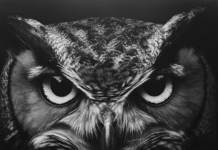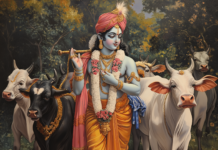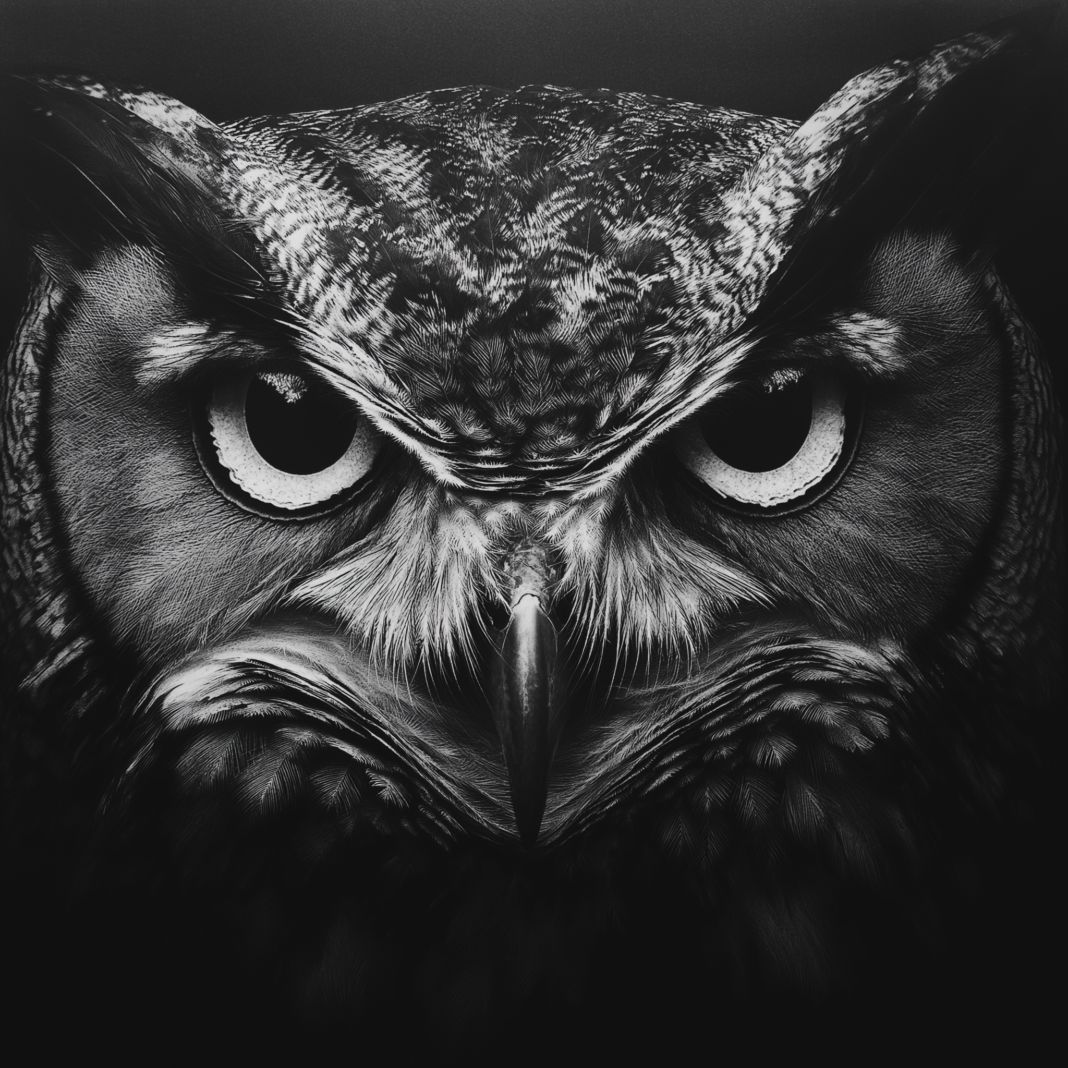Throughout history, the owl has captivated human imagination, appearing in folklore, mythology, and spiritual traditions from around the world. With its nocturnal nature, keen eyesight, and mysterious demeanor, the owl has become a universal symbol of wisdom, insight, and spiritual guidance. While cultures may differ in how they interpret the owl’s characteristics, its association with knowledge and the ability to “see in the dark” remains a constant theme across various mythologies.
In this blog, we will explore the fascinating stories and symbolism of the owl in Hindu, Greek, Roman, Native American, Egyptian, Aztec, Chinese, and African mythologies, as well as in ancient folklore from across the globe.
1. Hindu Mythology: The Owl as a Symbol of Prosperity and Wisdom
In Hindu mythology, the owl is closely associated with Goddess Lakshmi, the goddess of wealth, prosperity, and good fortune. As Lakshmi’s vahana (vehicle), the owl symbolizes not only material wealth but also the wisdom required to manage it effectively. The owl, with its ability to see clearly in the dark, reflects the concept of wisdom helping people navigate through life’s uncertainties.
However, there is also a dual meaning here. While the owl represents wisdom when used in the service of the goddess, it can also symbolize ignorance if material wealth is pursued without understanding. This duality teaches that true prosperity is not only about accumulating wealth but also about having the foresight and wisdom to use it for good.
2. Greek Mythology: Athena and the Owl of Wisdom
One of the most well-known associations between the owl and wisdom comes from Greek mythology, where the owl is linked to Athena, the goddess of wisdom, strategy, and war. Athena was often depicted with an owl perched on her shoulder, symbolizing her deep intelligence and ability to see hidden truths.
According to myth, Athena chose the owl as her companion because of its keen sight and ability to navigate the night. The owl became a sacred bird in ancient Athens, and its image was often minted on coins to represent the city’s values of knowledge, wisdom, and insight. The owl’s connection to Athena is so strong that it continues to symbolize academic learning and wisdom in modern contexts.
3. Roman Mythology: The Owl and Minerva
In Roman mythology, the owl is associated with Minerva, the goddess of wisdom and strategic warfare, similar to Athena in Greek myths. Minerva’s owl represents wisdom, knowledge, and vigilance. A lesser-known legend from Roman times tells how the hoot of an owl served as a warning of impending doom, including the assassination of Julius Caesar. The owl’s ability to foresee events, both good and bad, made it a symbol of both wisdom and omen in Roman culture.
4. Native American Beliefs: The Owl as a Spiritual Guide
In many Native American cultures, the owl is revered as a messenger from the spirit world and a symbol of deep wisdom. For tribes such as the Hopi and Apache, the owl is seen as a guide in the spiritual realm, helping those on vision quests or journeys of self-discovery.
In some Native American traditions, the owl is also a protector of sacred knowledge. The Hopi people believe the owl guards ancient wisdom and serves as a guide for spiritual leaders who seek to uncover the mysteries of the universe. However, in other tribes, the owl’s hoot could be seen as an omen of death, representing the darker, mysterious side of knowledge and wisdom.
5. Egyptian Mythology: The Owl and the Afterlife
In Ancient Egypt, the owl was considered a protector of souls and a guide through the underworld. The owl’s ability to see through the darkness made it a symbol of wisdom and transition, helping souls navigate the unknown paths of the afterlife. Egyptian hieroglyphs often depict the owl as a symbol of death, protection, and wisdom beyond life.
Owls were believed to be connected to the goddess of wisdom, Neith, and served as intermediaries between the living and the dead. In this context, the owl’s association with wisdom extended to the realms of life and death, guiding people through the ultimate transition.
6. Aztec Mythology: Owls as Symbols of Death and Knowledge
In Aztec mythology, the owl is closely linked to the god of death, Mictlantecuhtli, who ruled the underworld. Owls were believed to accompany the souls of the dead, helping them reach the afterlife. Despite this association with death, the owl was also seen as a creature of deep knowledge and insight, guiding souls through the complex transitions between life and death.
The Aztecs respected the owl for its ability to navigate through darkness, both literally and symbolically, representing wisdom that helps one understand life’s mysteries.
7. Chinese Mythology: The Owl’s Dual Symbolism
In Chinese culture, the owl holds a more complex and nuanced symbolism. In some traditions, owls were seen as bringers of misfortune and death, especially during times of war. However, the owl also symbolized protection and wisdom in certain ancient texts. For instance, some believed the owl could ward off evil spirits and bad luck, while others viewed it as a creature that possessed sacred knowledge about the cycles of life and death.
8. Celtic Mythology: The Owl as the Keeper of Sacred Knowledge
In Celtic mythology, owls were seen as creatures with a deep connection to the underworld and were often regarded as protectors of sacred knowledge. The Celts believed that owls had the ability to reveal hidden truths and help guide those in need of spiritual or intuitive wisdom. They also associated owls with the moon, seeing them as creatures that could move between worlds—the physical and the spiritual.
9. African Mythology: Owls as Spiritual Guardians
In many African cultures, the owl is both feared and revered. In the mythology of the Yoruba people of West Africa, owls were often associated with witches and spirits, but they were also believed to possess deep wisdom and insight into the spiritual world. Owls were seen as messengers between the earthly and spiritual realms, often guiding shamans and healers in their quests for knowledge.
While the owl’s presence could evoke fear due to its association with the unknown, it was equally respected for its wisdom and ability to navigate the unseen realms.
10. Inuit Mythology: Owls as Guides and Protectors
Among the Inuit people of the Arctic, the owl is seen as a wise guide and protector. The Inuit believed that owls helped individuals find their way through the darkness—both literal and metaphorical—making them symbols of survival, insight, and wisdom. Shamans often regarded the owl as a powerful ally in spiritual journeys, helping to reveal hidden truths and guide individuals in times of uncertainty.
Conclusion: The Owl’s Universal Wisdom
From the rich stories of Hinduism and Greek mythology to the spiritual beliefs of Native Americans, the owl consistently emerges as a symbol of wisdom, foresight, and mystery across different cultures. Whether serving as a guide through the underworld, a companion to deities of wisdom, or a protector of sacred knowledge, the owl’s enduring legacy as a symbol of insight spans the globe.
The owl’s ability to see in the dark is more than just a physical trait—it reflects the wisdom to understand and navigate life’s uncertainties, complexities, and transitions. Whether in times of prosperity, as seen in Hindu mythology, or in moments of death and transformation, as in Aztec and Egyptian beliefs, the owl reminds us that true wisdom comes from the ability to perceive what others cannot and to guide oneself and others through life’s mysteries.



























